A senior Royal Navy officer said today he was surprised by the sheer number of migrants in need of saving in the Mediterranean.
Commodore Martin Connell, the commander of the Amphibious Task Group led by HMS Bulwark, the Royal Navy’s flagship, told journalists today that he had strict orders from UK Prime Minister David Cameron to bring the ship into the Mediterranean to save migrants in distress.
“As mariners we are used to getting involved in saving lives at sea. That is part of our job. But the numbers have surprised us - seeing thousands of people trying to cross the sea to safety.”
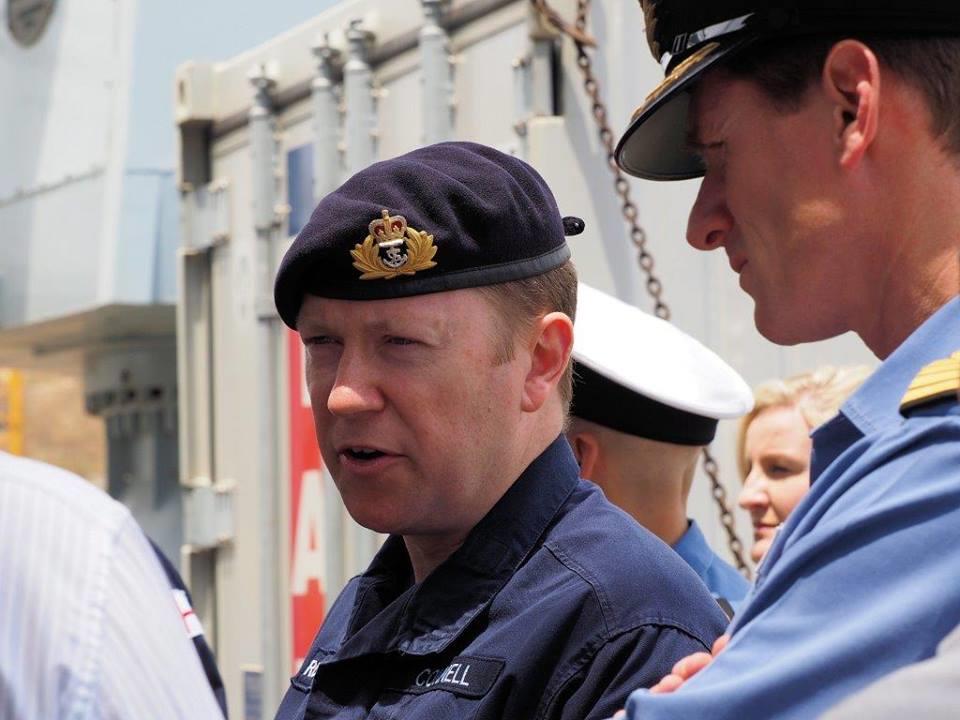
HMS Bulwark, classified as a Landing Platform Dock, docked in Malta today for a short break. She has still to carry out the last few weeks of her 60-day search and rescue mission.
Asked about reports that up to 500,000 migrants could be getting ready to leave Libya’s shores, Commodore Connell said it was difficult to get a correct assessment as the numbers keep changing on a weekly basis. He said the international force patrolling the Mediterranean has sufficient ships but more vessels would always be welcome.
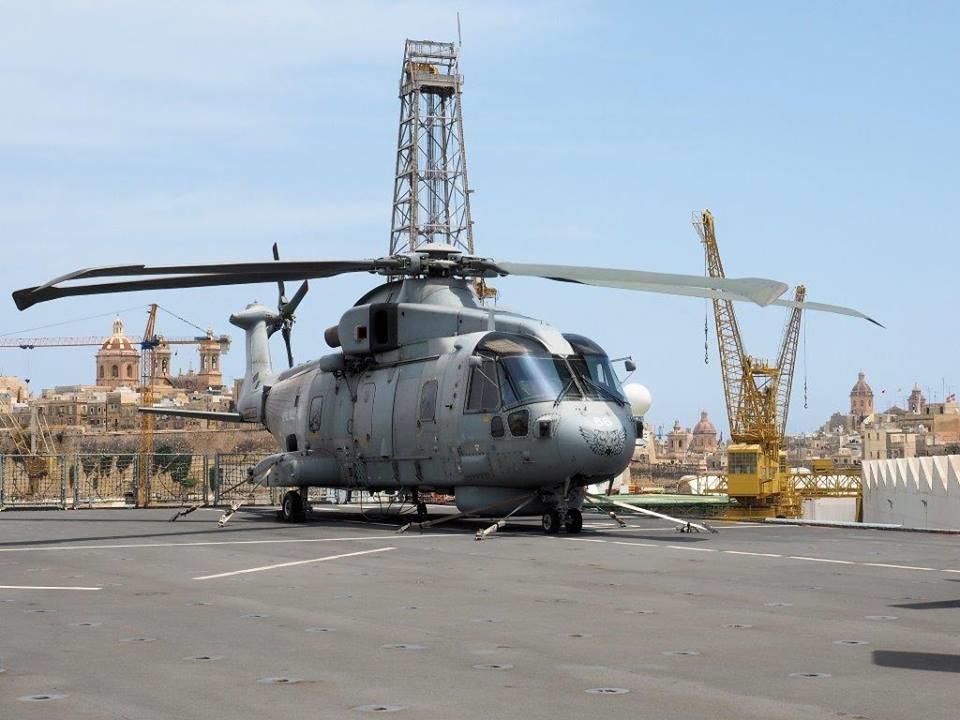
The Commodore said the ship made use of its sophisticated surveillance systems and helicopters to gather a detailed “picture” of the area. Distress calls are dealt with as they come in.
The ship’s captain, Captain Nick Cooke-Priest, said the human traffickers behind the large network in North Africa have shown that they have no regard for human life. They are the source of the problem, he said. Asked what he thought was the best course of action, the Captain said the priority is to stabilize the situation on land. So far the ship has had no interaction with the Libyan authorities, having operated only in international waters.
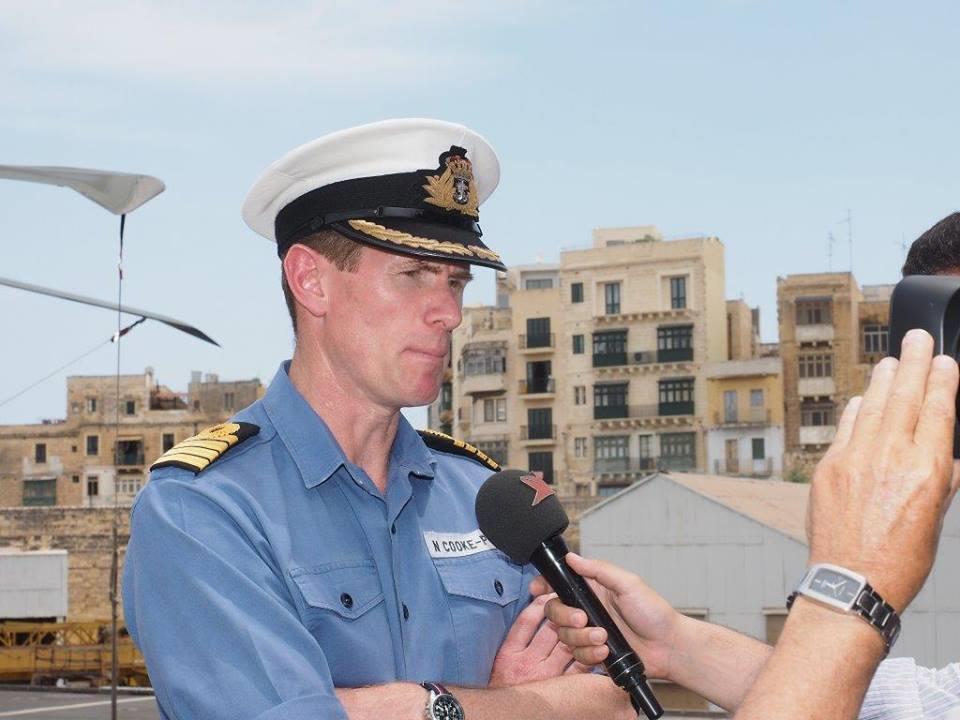
Replying to questions by The Malta Independent, Captain Cooke-Priest said the ship was involved in other humanitarian crises in the past, such as in Lebanon in 2006, where she evacuated some 1,300 people during the Israel-Lebanon crisis. “We are an amphibious force and that helps us to quickly adapt in situations of humanitarian crisis. Both the 2006 operation and the ongoing migrant crisis were important jobs but this one is different because the numbers are huge. This is a premeditated Search and Rescue operation.”
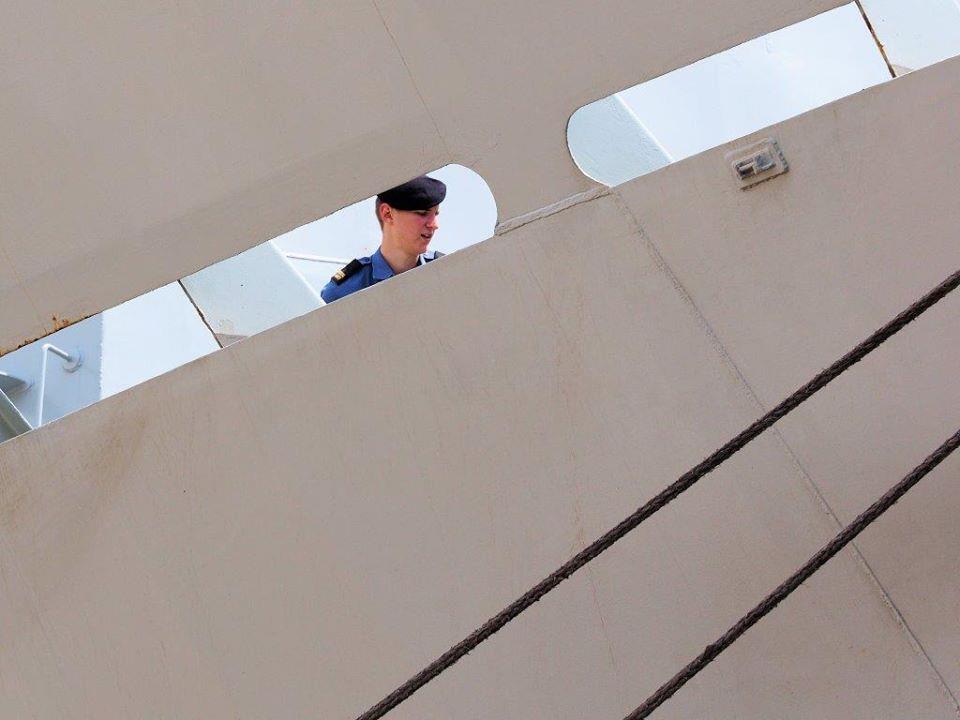
The Captain spoke about the tough conditions migrants face during their crossing, saying that if boats capsized the survival chances were down to minutes. “Many of these people have never been at sea before and they tend to get scared when they see this big military ship approaching them. We use a very careful approach when affecting rescues.” Some of the rescued migrants are found to be suffering from scabies, typhoid or malaria and most of them have severe dehydration, he said. “They need shelter, water and food and we provide it to them.”
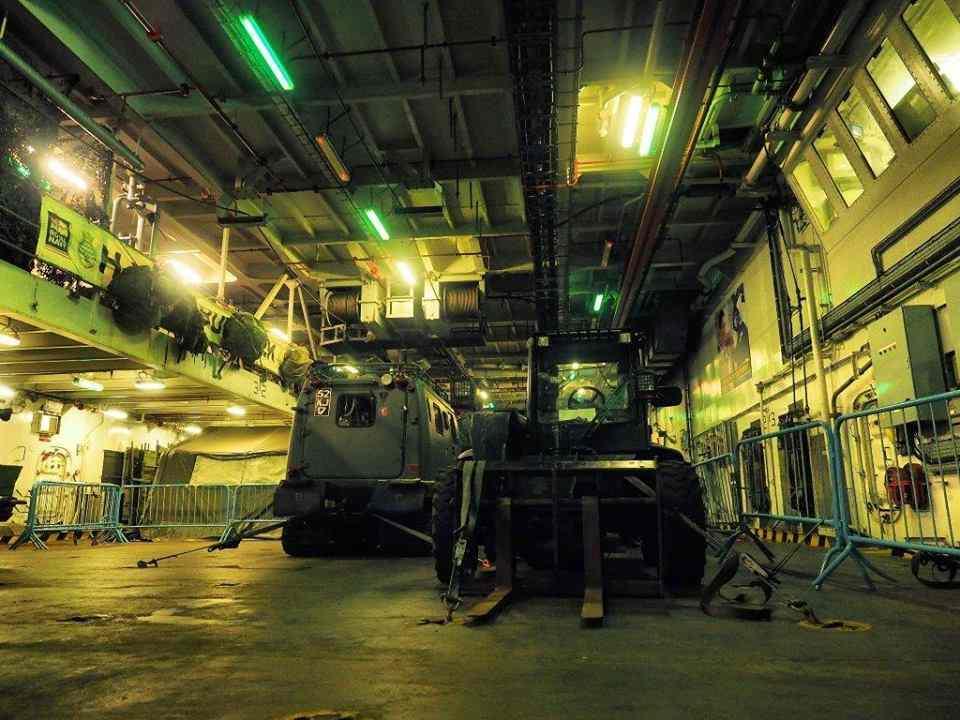
Commander Gavin Edward gave journalists a tour of the ship’s rear floodable compartment explaining that four large landing craft which usually serve to transfer troops and vehicles to shore are now being used as rescue boats. The craft, now armed with lifejackets and medical supplies, have been used incessantly over the past weeks. The Bulwark made its biggest rescue to date on Sunday, saving some 1,300 migrants. Since the start of the operation, she has saved around 2,700.
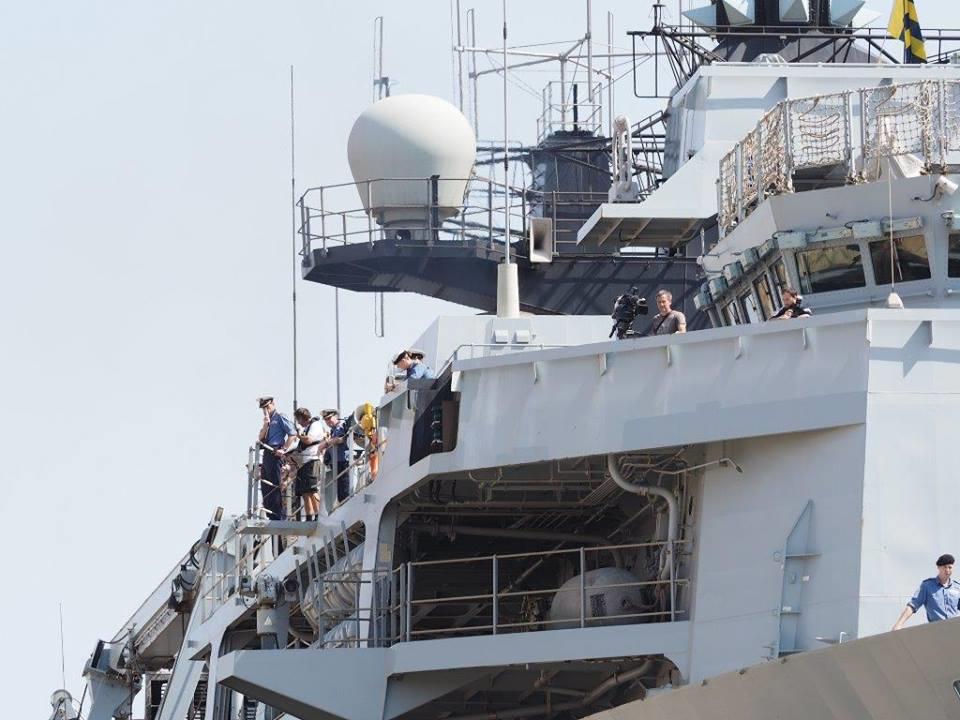
Cdr. Edward explained how the rescued people are brought into the deck, processed, seen by a doctor and then accommodated in the ship’s huge internal bay and, in cases like last Sunday’s, even on the flight deck.
He explained how a number of sailors and marines were today expected to visit one of the people they had helped save, who gave birth to a girl soon after. The Nigerian woman, called Favour, was heavily pregnant when she was picked up by one of the ship’s rescue boats and her waters broke during the trip to the ship. She was later transferred by helicopter to Mater Dei Hospital where she gave birth. The ship’s company, the Commander said, were excited to meet the new-born.
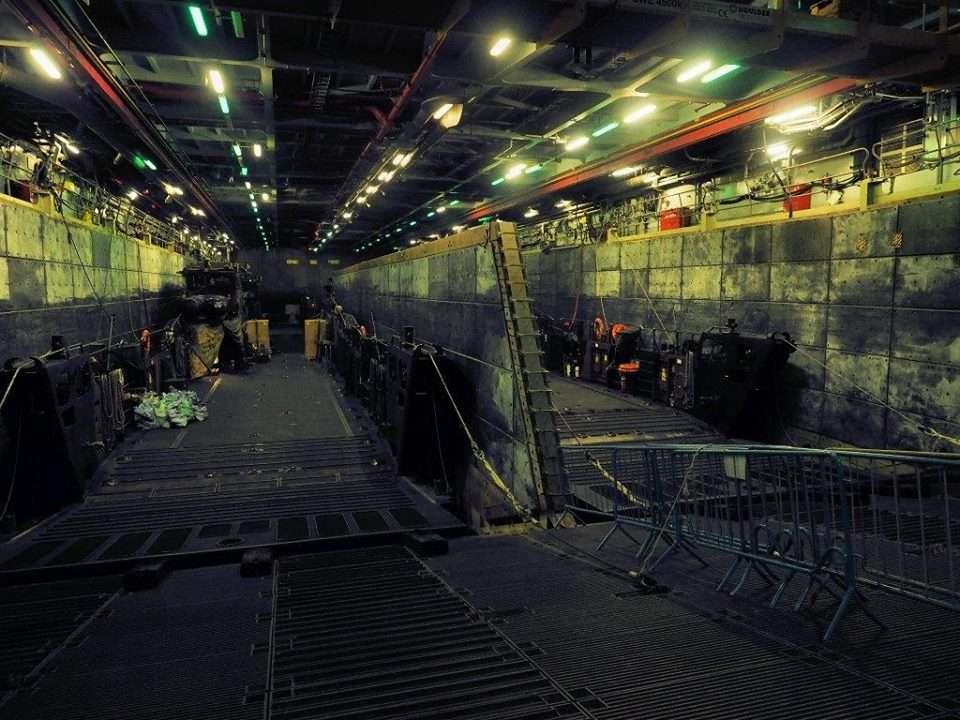
He said the numbers of pregnant women and unaccompanied children was surprisingly high. Commander Edward also explained how migrants usually leave Libya on rubber dinghies carrying up to a hundred people or wooden double-decked boats, which can carry up to four hundred. The ship has so far not been involved in cases where the migrants refuse to be rescued, as happened often in the past, and most of the boats are missing their engines when found.
Photos: Michael Camilleri